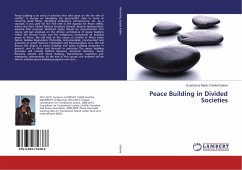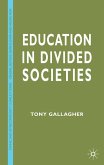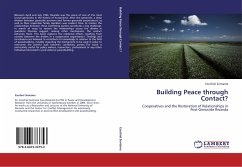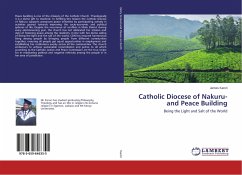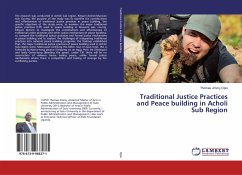Peace building is an array of activities that take place on the far side of conflict. It focuses on rebuilding the post-conflict state in terms of restoring social fabric, rebuilding institutions, infrastructure, etc. As a concept, it was used for the first time in the Agenda for Peace (1992), where the then United Nations Secretary General, Boutros Boutros-Ghali, asserted that post-war shattered states should be reconstructed. This course will put emphasis on the African architecture of peace building within the African Union and the indigenous mechanisms of building peace in Africa. We will look at the causes of conflict in Africa (state failure; Relative Deprivation, Primordial, Instrumentalist, Constructivist and grievance or greed theories; Colonialism and Neocolonialism, etc.). We will discuss the origins of peace building and peace building programs in general, and in Africa and Burundi in particular. The peace building processes will include Political Recovery, Economic Recovery, Social Recovery, Gender and Peace Building, Humanitarian responses and emergency interventions. At the end of this course, the students will be able to evaluate peace building programs and carry
Bitte wählen Sie Ihr Anliegen aus.
Rechnungen
Retourenschein anfordern
Bestellstatus
Storno

